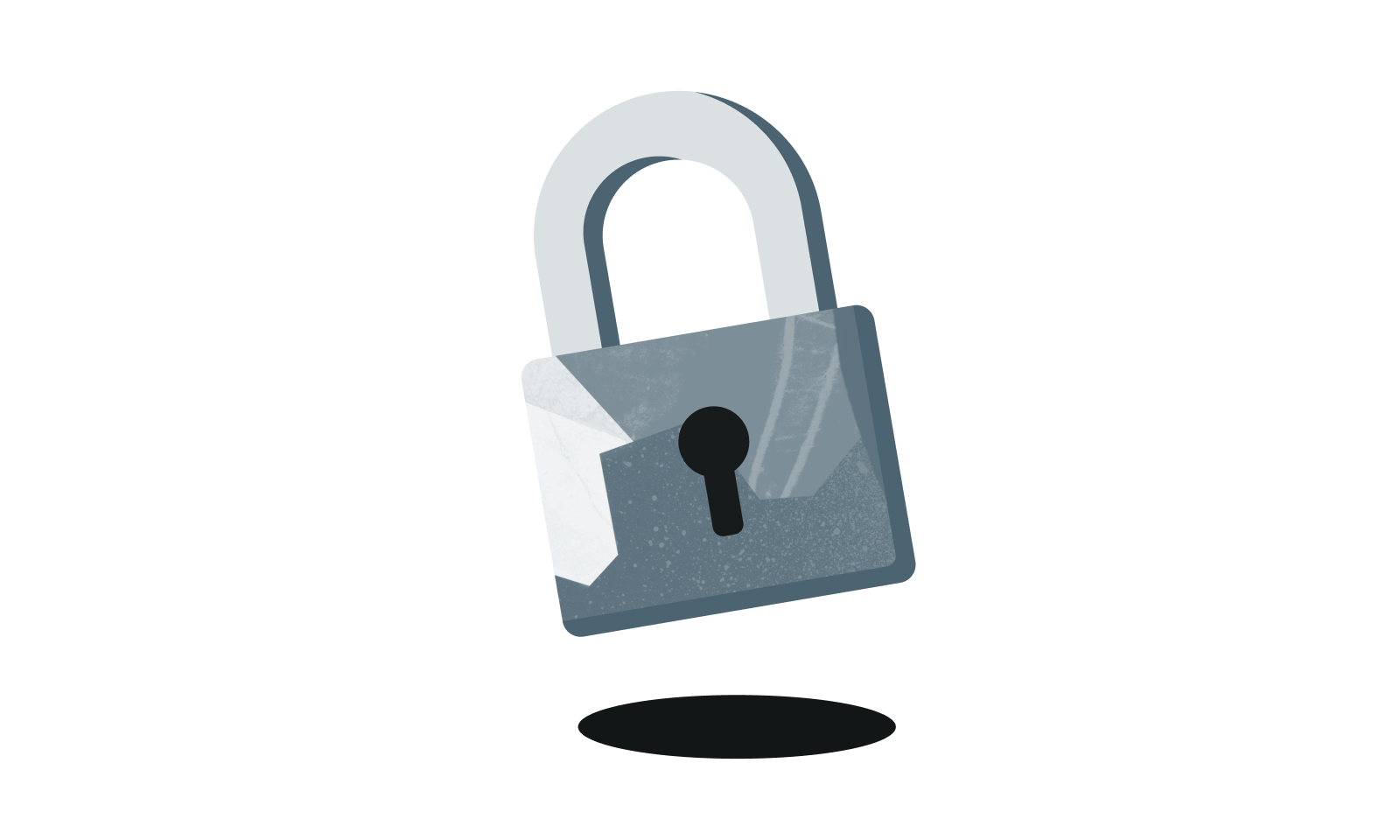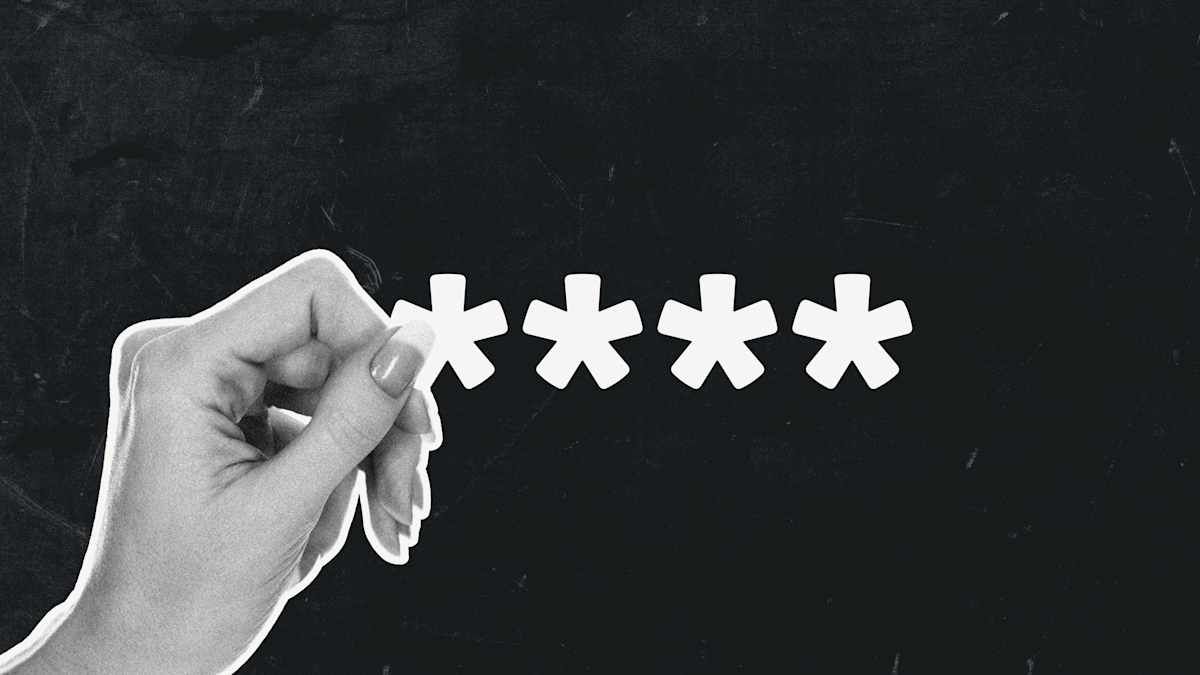Fraud updates and tips to stay safe

Find out more about spotting scams, reporting them and how to stay safe online in our fraud blogs.
We’ll always send you a message via in-app chat to let you know that we’re going to be in touch
We’ll never call you out of the blue or if you’ve told us not to. Caller IDs can be faked to look like they’re coming from Mettle even when they’re not
We’ll go through some security questions with you
We’ll never ask you to move any money or make any transactions from your account
If you’re worried it may not be us calling you or you haven’t received a message from us beforehand, hang up and call us back on the number on the back of your Mettle card
Your PIN
Your 16-digit card number in full
Your 3-digit security code (on the back of your card)
Your password, email address or details of other bank accounts you hold
Any One Time Passwords (OTPs) or Strong Authentication codes
We also won’t send you a code via SMS to prove we’re calling. If you receive one of these, hang up and report it to us at support@mettle.co.uk or in-app.
We’ll never tell you that your money is in danger or ask you to move money to a ‘safe account’. We’ll also never ask you to give us your account details.
We currently do not offer loans or overdrafts, but even if we did, we’d never call you and tell you to take one out.
If you’re not expecting a call from us, don’t give any information and hang up the phone. We’ll always message you in the app first to let you know we plan to call you.
Find out more on how to get in touch with us on our Contact us page.
Hang up and don’t call the number back. Fraudsters can make the number look like it’s from Mettle, even when it’s not. Call the number on the back of your Mettle card instead.
If you’re expecting a call from Mettle but the person on the phone starts asking for sensitive information like your PIN or full card number or tells you that your money is in danger and must be moved, hang up the phone.
Fraudsters can create fake websites that look just like the Mettle one. If you’ve opened a link from a suspicious email or SMS, check the URL is correct before you enter any login details. If it looks suspicious, close the tab and navigate to the website directly.
If you ever notice any unusual transactions on your account, contact us immediately. You can reach out to us through the in-app chat or by calling us on the number on the back of your card.
If you think you’ve come across a fraudulent email scam, you can report it to the National Cyber Security Centre (NCSC) by forwarding it to report@phishing.gov.uk.
If you’ve received a suspicious text message, you can forward it to 7726.
If you’ve been hacked or lost money because of a phishing scam and it relates to your Mettle account, please get in touch with us straight away.
You should also report all fraud and phishing scams to Action Fraud. In England, Wales and Northern Ireland you can report this via the Action Fraud website or by calling 0300 123 2040. If you’re in Scotland, you need to report it to Police Scotland by calling 101.
Fraud updates and tips to stay safe
Black Friday: How to spot and report scams
What is Strong Customer Authentication?
How to keep yourself safe from scammers
5 tips to protect your business from phishing attacks
Keeping your mobile devices safe
A beginners guide to phishing and online fraud
How to spot and report a phishing scam
Yes. Fraudsters may pretend to be Action Fraud, a bank, or other organisations you trust. A legitimate organisation will never pressure you to transfer money to a different account to keep it safe.
Read moreSome scammers might try to pressure you to send them money by threatening you with legal action. They can make caller IDs appear to be correct by spoofing them and also make emails look very realistic. Legitimate organisations will never ask you to send money with threats against you if you don’t. If this happens, hang up and report it.
Frausters might claim to be from government agencies or the police and threaten you with legal action if you don’t pay them immediately. They could also try to trick you into sharing personal information by offering you a refund or reward. This might come through as a form you need to fill in by clicking a link.
Read moreIt’s always best to call the government department directly on the number posted on the website to check these messages are legitimate.
Scammers often send texts and emails that look legitimate, which include a link to a form where you are asked to fill in personal information. They can then use this info to fraudulently access your accounts. Don’t share sensitive information like passwords and account numbers unless you’ve checked if the message is real.
Read moreOccasionally, legitimate businesses you hold accounts with can suffer a data breach, which means your personal information is leaked. If this happens you should be made aware of it by the business, as it’s one way scammers can gain information on you. If this happens, updating your passwords and recovery methods is an important step to take.






